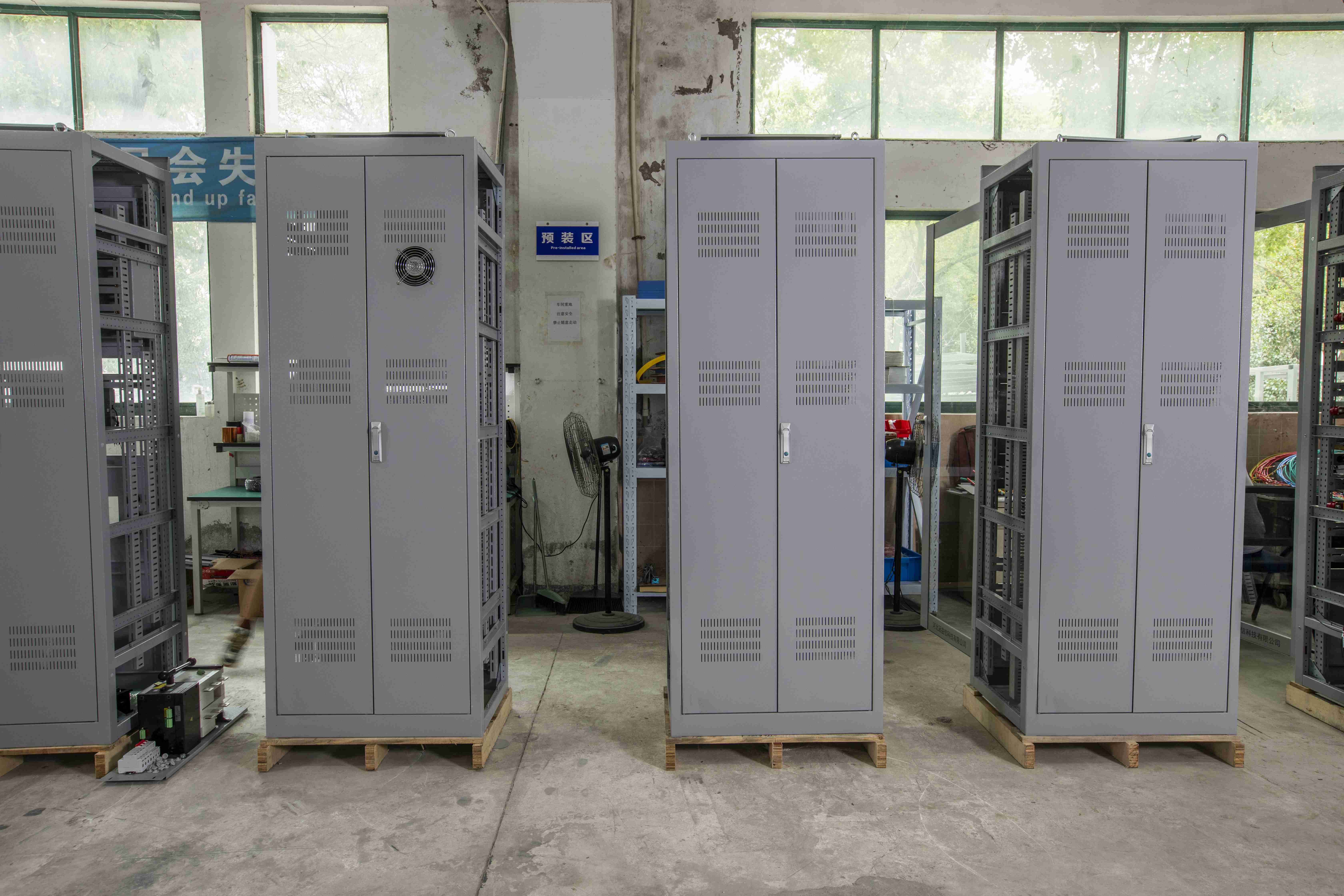
Dec . 25, 2024 13:46 Back to list
Emerging Companies in Energy Storage Molecules for Sustainable Solutions and Innovations
The Rise of Energy Storage Molecule Companies Fueling a Sustainable Future
As the world increasingly grapples with the urgent need for sustainable energy solutions, energy storage molecules are emerging as a pivotal technology in the quest for clean energy. Companies specializing in this innovative sector are developing advanced methods for capturing and storing energy, potentially revolutionizing how we harness renewable sources like solar and wind power.
Understanding Energy Storage Molecules
Energy storage molecules are chemical compounds designed to store energy in a compact form. This technology works by converting electrical energy into a chemical form, which can then be released as needed, thus bridging the gap between energy production and consumption. This process is essential, particularly for renewable energy sources, which can be intermittent and unpredictable. By developing efficient energy storage solutions, businesses can ensure a consistent and reliable energy supply.
One of the most exciting innovations in this field is the development of hydrogen as a storage molecule. Companies are exploring various methods for producing hydrogen, including electrolysis, where water is split into hydrogen and oxygen using electric current. This method can utilize surplus electricity generated during peak production times, effectively storing it for later use. When needed, hydrogen can be converted back into electricity through fuel cells or combusted for direct heat energy, making it a versatile energy carrier.
Key Players in the Industry
Several companies are at the forefront of developing energy storage molecules. For instance, firms like Plug Power and Ballard Power Systems are pioneering hydrogen fuel cell technology, which transforms hydrogen into electricity with water as the only byproduct. These companies are not only focusing on fuel cells but also on creating a hydrogen economy, where hydrogen is produced, stored, and consumed efficiently.
Another noteworthy player is Neste, a Finnish company that has been scaling up its production of renewable diesel and sustainable aviation fuel (SAF) from waste and residues. While its primary focus has been on biofuels, Neste's innovations in molecular engineering may lead to breakthroughs in energy storage systems that complement its existing products.
Additionally, companies like 12Clean, which focus on carbon-neutral hydrogen production, and startups such as Hyzon Motors, which produces hydrogen fuel cell commercial vehicles, are essential to expanding this market. Their research and development efforts could spur broader adoption of hydrogen technologies, ultimately transforming transportation and heavy industries.
energy storage molecule companies

Challenges Faced by Energy Storage Molecule Companies
Despite the promising potential of energy storage molecules, several challenges remain. First, the production of hydrogen is currently energy-intensive, often relying on fossil fuels, which undermines the environmental benefits it could offer. Transitioning to renewable energy sources for hydrogen production is crucial for sustainability.
Cost is another significant barrier. The current infrastructure for hydrogen production, distribution, and usage is not sufficiently developed, making it expensive and impractical for widespread adoption. Companies must invest heavily in research and development to drive down costs and improve efficiency.
Furthermore, regulatory challenges can impede progress. As the market for energy storage solutions expands rapidly, companies must navigate complex regulatory landscapes that vary by region. Encouraging supportive policies and incentives for renewable energy technologies would facilitate growth in this industry.
The Future of Energy Storage Molecules
Despite these challenges, the future of energy storage molecules looks promising. As technology evolves, we can expect to see advancements in efficiency and cost-effectiveness, making these solutions more viable. Enhanced collaboration between governments, businesses, and academia will be crucial in driving innovation forward.
Furthermore, as the world pivots towards a low-carbon economy, the necessity for reliable energy storage solutions will only increase. Energy storage molecules offer a pathway to achieving sustainability goals while meeting the growing demand for energy.
In conclusion, energy storage molecule companies are poised to play an essential role in the transition to a sustainable energy future. Through continued innovation and collaboration, they have the potential to overcome current challenges and revolutionize the energy landscape, ensuring that clean energy is not just a fleeting idea but a practical reality for generations to come. The remarkable progress made in this sector signifies a shift in how we think about energy, storage, and sustainability, promising a cleaner, greener planet.
-
Advanced AI Energy Management with GPT-4 Turbo
NewsAug.02,2025
-
AI-Powered EMS with GPT-4-Turbo | Efficiency Boost
NewsAug.01,2025
-
Optimized Storage System for GPT-4-Turbo | High Performance
NewsJul.31,2025
-
AI Energy Management System w/ GPT-4 Turbo Efficiency
NewsJul.31,2025
-
High-Performance Energy Storage System for Reliable Power Solutions
NewsJul.30,2025
-
Advanced EMS Solutions for Energy Management System & Storage Battery Companies
NewsJul.29,2025























